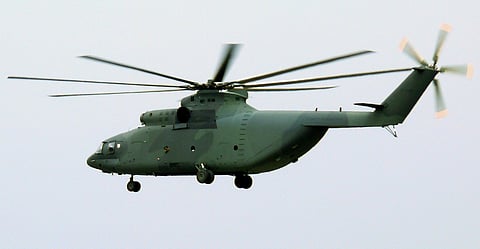

Venezuela ordered its armed forces to full operational readiness on Tuesday after the USS Gerald R. Ford carrier strike group entered Caribbean waters under U.S. Southern Command. President Nicolás Maduro’s government described the move as a defensive response to what it called an escalating U.S. military presence in the region.
Defense Minister Vladimir Padrino López said the president had activated a “higher phase” of the government’s Independence Plan 200 defense protocol, placing all branches of the security services — land, air, naval, riverine, missile units, and the Bolivarian Militia — on heightened alert. The mobilization, described by Caracas as a “massive” two-day nationwide drill, involves nearly 200,000 personnel including regular troops and civilian security forces and includes intensified training, repositioning of units, and increased coastal patrols.
The U.S. Navy confirmed the arrival of the Gerald R. Ford strike group on Tuesday. The carrier group is reported to include more than 4,000 sailors, up to 90 aircraft — including F-35s — multiple Arleigh Burke–class destroyers, attack submarines, amphibious ships, and a contingent of Marines. U.S. officials say the deployment supports counter-narcotics and regional security missions; Venezuelan authorities and some outside analysts view the presence as a possible preparatory step for a more direct intervention.
Recent operations in the region by U.S. forces have included strikes on small vessels. Venezuelan officials say at least 18 boats have been struck and at least 76 people killed, figures cited in local and regional reporting. Washington has characterized its actions as targeting maritime drug trafficking, but details and supporting evidence have not been publicly released in full, and questions remain about the identity, destination, and capabilities of the vessels struck. The strikes have prompted debate in the United States and the region about the scope and legality of unilateral naval actions.
President Maduro and other Venezuelan officials warned that the deployment could be a pretext for regime-change operations conducted under the label of counter-narcotics. U.S. media reporting indicates that President Donald Trump has not yet made a final operational decision, even as options remain under review in Washington.